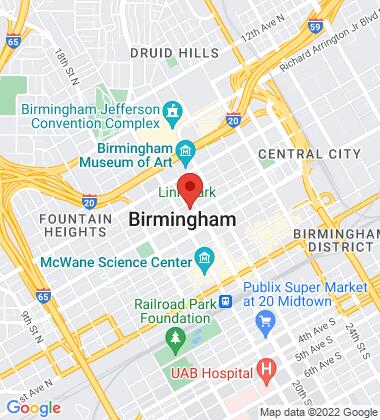When law enforcement receives a call that a crime was allegedly committed, they will begin an investigation to determine what happened and who was involved. In some cases, a suspect might still be at the scene, resulting in an arrest on the spot. However, in other situations, the alleged perpetrator might have left, and investigators must identify a suspect. When this happens, an investigation must ensue to establish probable cause before taking a person into custody.
What Is Probable Cause?
Probable cause is a requirement of the Fourth Amendment to the U.S. Constitution. It states that police cannot arrest an individual for a crime unless they have a reasonable belief that the person actually committed or was about to commit the offense. This constitutional obligation is in place to protect people from being arrested and charged with an offense that they weren’t involved in.
To establish probable cause, law enforcement must gather evidence that links an individual to a crime. Once they have enough to make a compelling argument, they present that information to a judge who decides whether or not it is enough to issue a warrant for that person’s arrest.
Collecting evidence requires that law enforcement officers go through an investigation process. The amount of time it takes to complete and the steps involved depend on the specifics of the circumstances.
Examining the Crime Scene
One of the first steps in a criminal investigation is an examination of the crime scene, which involves collecting physical evidence. Detectives and investigators are trained to take detailed records of the scene. They may take photographs, measurements, and notes on where certain pieces of evidence are found and what it looked like.
During the evidence collection process, investigators must take precautions to ensure the items collected do not become contaminated. If things such as blood samples, hair follicles, or suspected weapons are mishandled, the analysis results could come back inconclusive.
If evidence was not collected and preserved correctly, it may be suppressed at court, which could weaken the prosecution’s case against the accused.
Interviewing Witnesses & Suspects
Another method used by investigators to determine whether or not a crime occurred and who committed it is interviews. This part of the process involves asking questions of witnesses and suspects to piece together what occurred.
If more than 1 person saw the incident unfold, investigators might interview each witness separately. They do this to make sure each person tells their own version of events without being influenced by the stories of others.
When investigators are interviewing suspects, they might use various tactics, including deception, to attempt to get a confession. However, their interrogation cannot be done in a way that violates the person’s constitutional rights. For instance, the Fifth Amendment protects people from providing self-incriminating evidence, which means they can refuse to answer an investigator’s questions.
Obtaining an Arrest Warrant
Typically, after the investigation, the prosecuting attorney will determine whether and what charges to file. They will then present the information to a judge who will decide if it is enough to justify an arrest. If it is, they will issue a warrant that allows law enforcement to take the suspect into custody.
Schedule a Free Consultation with Tidwell Law Group, LLC
If you’re being investigated for an offense in Birmingham, it’s crucial to secure skilled legal defense from an experienced attorney. Our lawyer has 17 years of experience and has handled various criminal matters from drug crimes to sex crimes. We have the knowledge to provide sound legal guidance from the beginning of your case to its conclusion.
Get started on your case by calling us at (205) 536-7770 or contacting us online.

